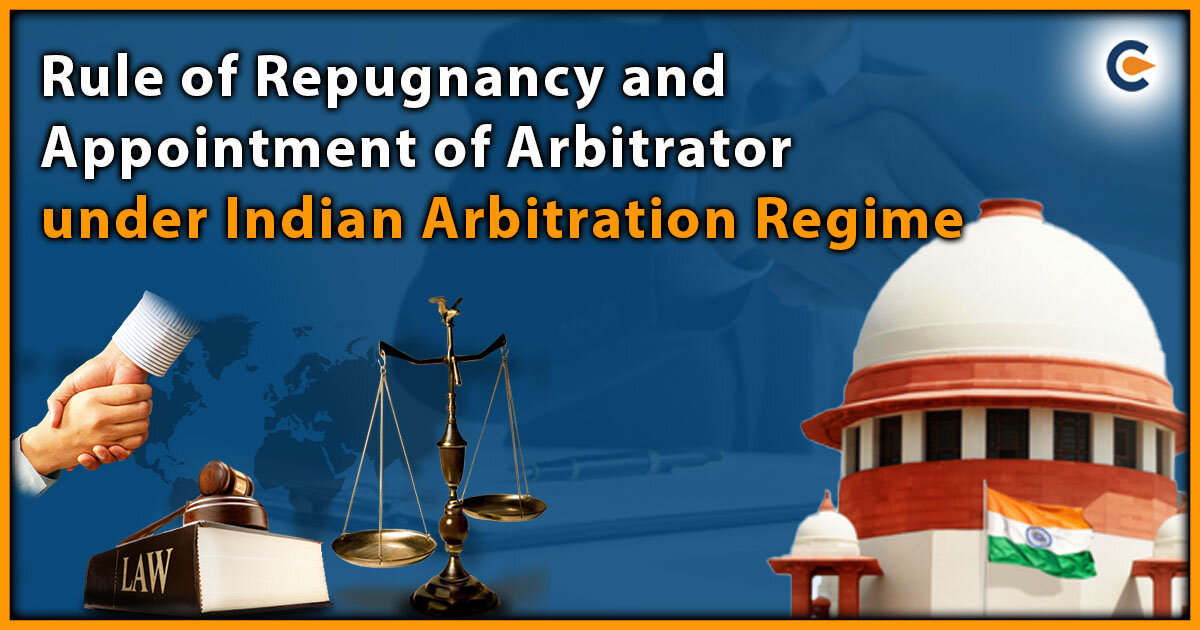Marriage is an essential part of human life, and it is a sacred bond between two individuals. However, in some cases, the marriage may not work out due to various reasons, and the couple may choose to part ways. In India, the Hindu Marriage Act provides for two legal options for couples seeking to end their marriage: divorce and judicial separation. While divorce is a complete termination of the marriage, judicial separation is a temporary suspension of marital obligations and duties. In this blog, we will discuss in detail how judicial separation is a better alternative of divorce.
What Is Judicial Separation?
Judicial Separation is a legal process in which a married couple can apply to the court for a decree of judicial separation, which means they will no longer live together as husband and wife. It is not a divorce but a temporary suspension of marital obligations and duties. During the period of judicial separation, although they are not required to live together, the couple’s marriage is still legally valid.
There is no such term as “judicial separation” in the Hindu Marriage Act of 1955[1]. However, the Act does provide for a legal process called “Judicial Separation” under Section 10 of the Hindu Marriage Act, a spouse can file a petition for judicial separation on the grounds of cruelty, desertion, adultery, conversion to another religion, mental disorder, or virulent and incurable form of leprosy. If the court is satisfied with the grounds of the petition, it may pass a decree of judicial separation.
What Is Divorce?
The formal dissolution of a marriage through divorce enables a couple to call it quits and move on from one another. It is a difficult process that can have a significant influence on everyone concerned. Although going through a divorce can be a trying and challenging experience, it can also be a chance for personal development, self-discovery, and a fresh start. Divorce proceedings can vary depending on the laws of the country or state in which the couple resides.
Advantages of Judicial Separation
Judicial separation offers several advantages over divorce. Some of them are:
- Gives time for reconciliation: Judicial separation is a temporary suspension of the marriage, which gives the couple time to reconsider their decision and try to reconcile.
- Avoids social stigma: Divorce is still considered a social stigma in many parts of India. Judicial separation avoids this stigma as the couple remains legally married.
- Maintenance and custody: Judicial separation allows the court to pass orders related to maintenance and custody of children, which may not be possible in case of divorce.
- Religious and cultural beliefs: Some couples may not want to terminate their marriage due to their religious or cultural beliefs. Judicial separation offers an alternative to divorce for such couples.
Challenges of Divorce
One of the most challenging aspects of divorce is the emotional toll it can take on both spouses and their families. Divorce can be a traumatic experience, causing feelings of anger, sadness, and grief. It can also create a sense of uncertainty about the future and the unknown changes that lie ahead.
Children are often deeply affected by divorce as well. They may experience feelings of confusion, anxiety, and fear about the changes in their family structure. It is important for parents to provide support and stability during this time, and to work together to create a positive co-parenting relationship that prioritizes the needs of the children. Divorce also has significant financial implications. The division of assets and debts can be a complex process, particularly in cases where there are significant assets or high levels of debt.
However, divorce is a legal process that allows a couple to end their marriage. It can be a difficult and emotional experience, but it can also provide an opportunity for growth and self-discovery. With the right support and guidance, it is possible to navigate the process of divorce and emerge stronger and more resilient on the other side.
How Judicial Separation Is An Alternative Of Divorce?
Divorce and judicial separation are both legal processes that give option for couples who are experiencing marital difficulties and want to live separately. Both require a legal process, which means that couples must file paperwork with the court and obtain a court-approved agreement. Despite these similarities, there are some important differences between divorce and judicial separation:
- Definition: Divorce is the legal termination of a marriage by a court or other competent body, while judicial separation is a court order that allows a couple to live apart and settle issues related to property, finances, and custody without actually ending the marriage.
- Effect on Marital Status: Divorce completely dissolves the marital relationship, and both parties are free to remarry. In contrast, judicial separation does not end the marriage, and both parties remain legally married. They cannot remarry until they obtain a divorce.
- Grounds for Filing: In most jurisdictions, a divorce can be obtained on the grounds of irretrievable breakdown of marriage, which can be proved by demonstrating factors such as adultery, desertion, or unreasonable behavior. In contrast, a judicial separation can be obtained without having to prove any fault or misconduct by either party. A couple can seek judicial separation if they have been living apart for a certain period of time, or if they feel that their marriage has broken down irretrievably.
- Financial Arrangements: In both divorce and judicial separation, the court can make orders about financial arrangements, including property division, spousal maintenance, and child support. However, in a divorce, the court also has the power to divide the parties’ pensions, whereas this is not possible in a judicial separation.
- Timeframe: A divorce typically takes longer to obtain than a judicial separation. The process of getting a divorce can take several months or even years, depending on the complexity of the case and the court’s workload. In contrast, a judicial separation can often be obtained more quickly, as it does not involve the same level of scrutiny or formalities as a divorce.
- Reconciliation: Divorce is usually seen as a permanent and final step, whereas judicial separation leaves open the possibility of reconciliation. If the couple decides to reconcile during the period of judicial separation, they can simply end the order and resume their marital relationship. However, if they have obtained a divorce, they would have to go through the process of remarriage if they want to get back together.
Overall, the main difference between divorce and judicial separation is that divorce completely ends the marriage, whereas judicial separation allows the couple to live apart while maintaining their legal marital status. The choice between the two will depend on the couple’s individual circumstances, and they may wish to seek legal advice to determine which option is best for them.
Conclusion
In conclusion, judicial separation can be an alternative to divorce for couples who need to live separately but want to remain legally married. It can offer some financial benefits, and can be a stepping stone to divorce in some cases. However, it’s important for couples to understand the legal process and to seek legal advice from a family law attorney to ensure that their rights are protected and that the agreement is fair and legally binding.
Read Our Article: Why Is Marriage Registration Important?











